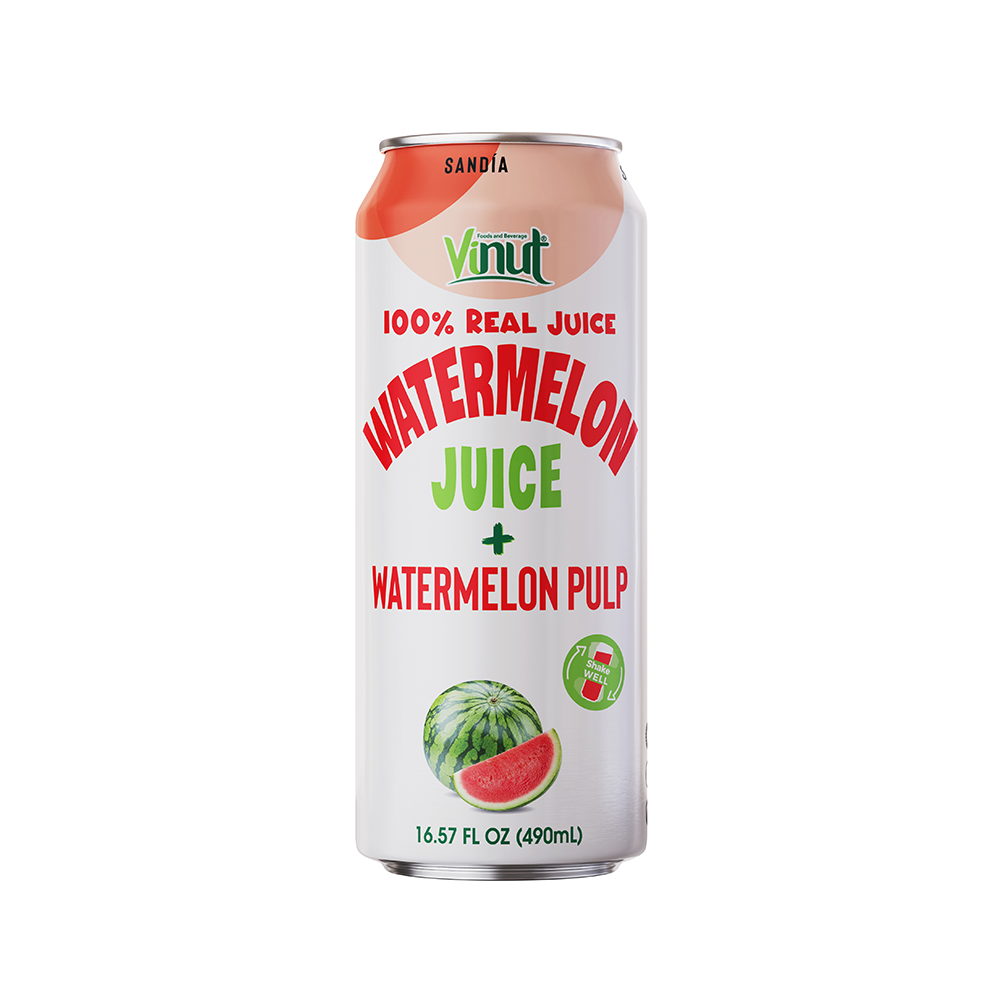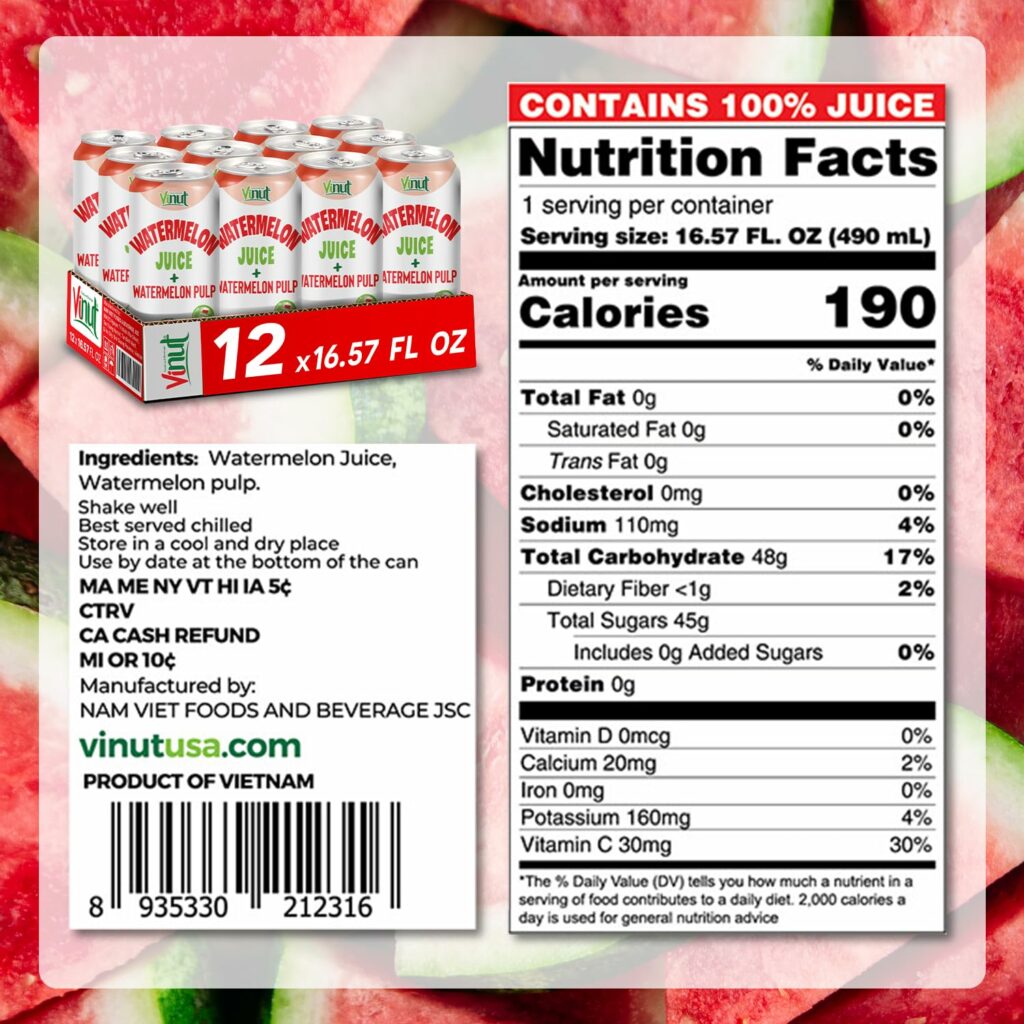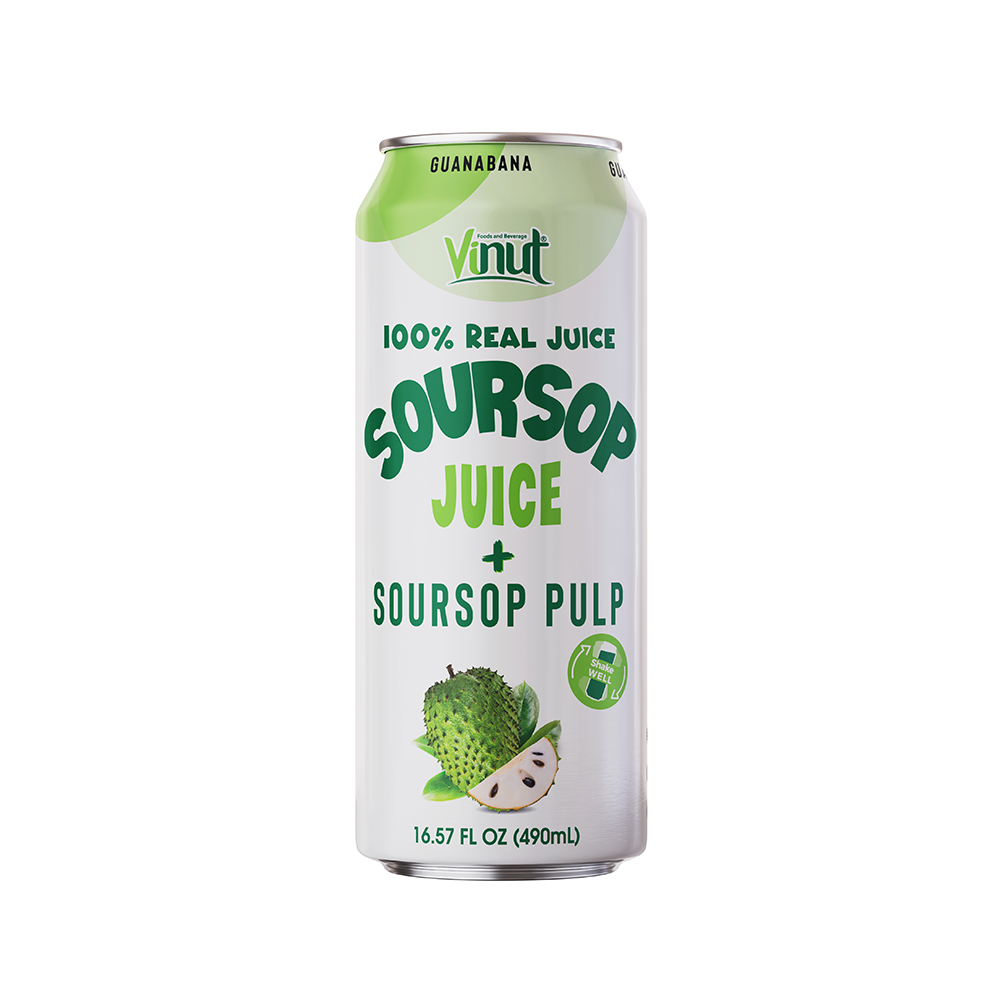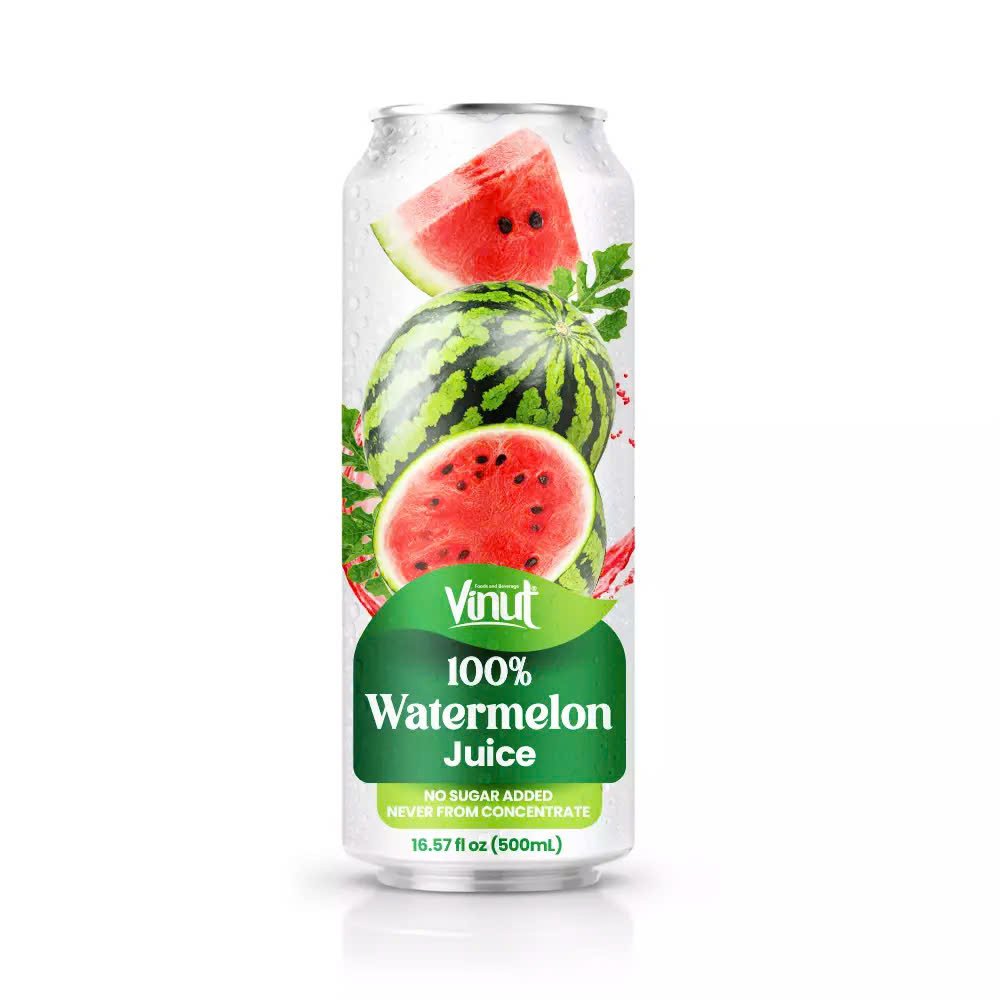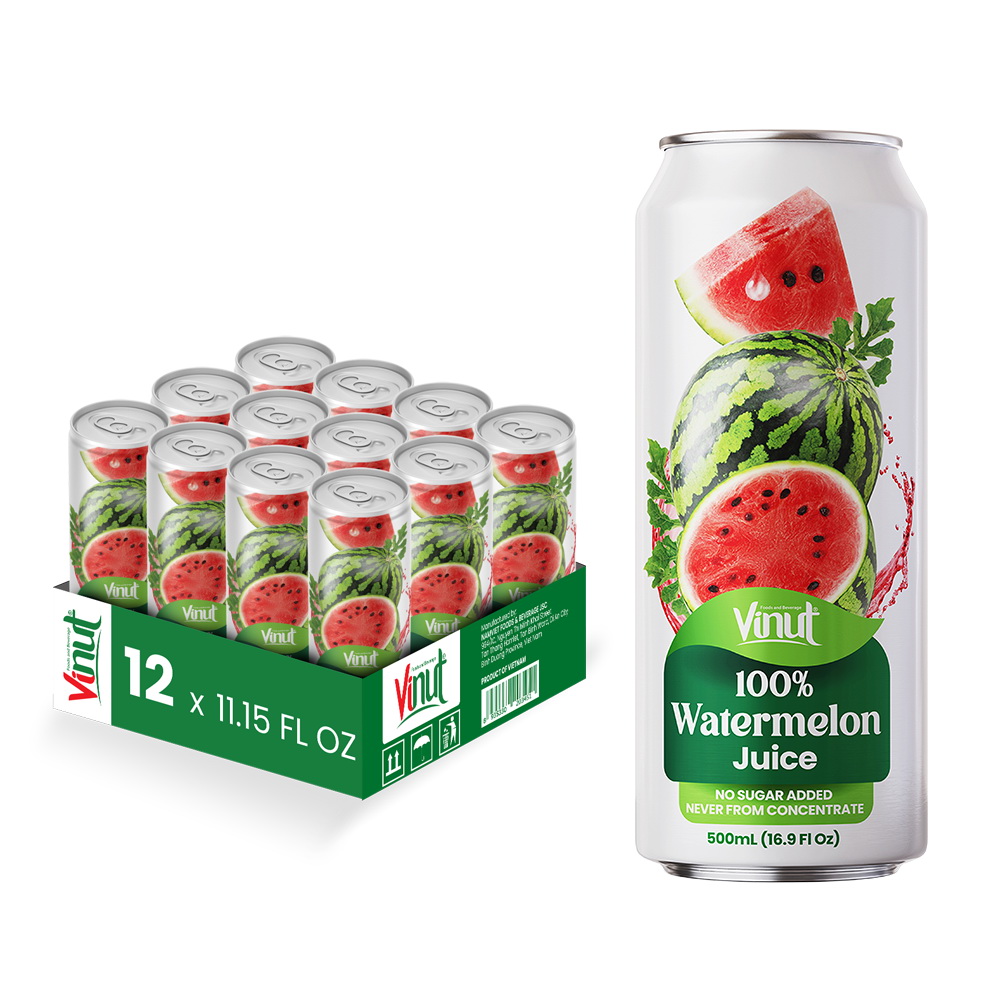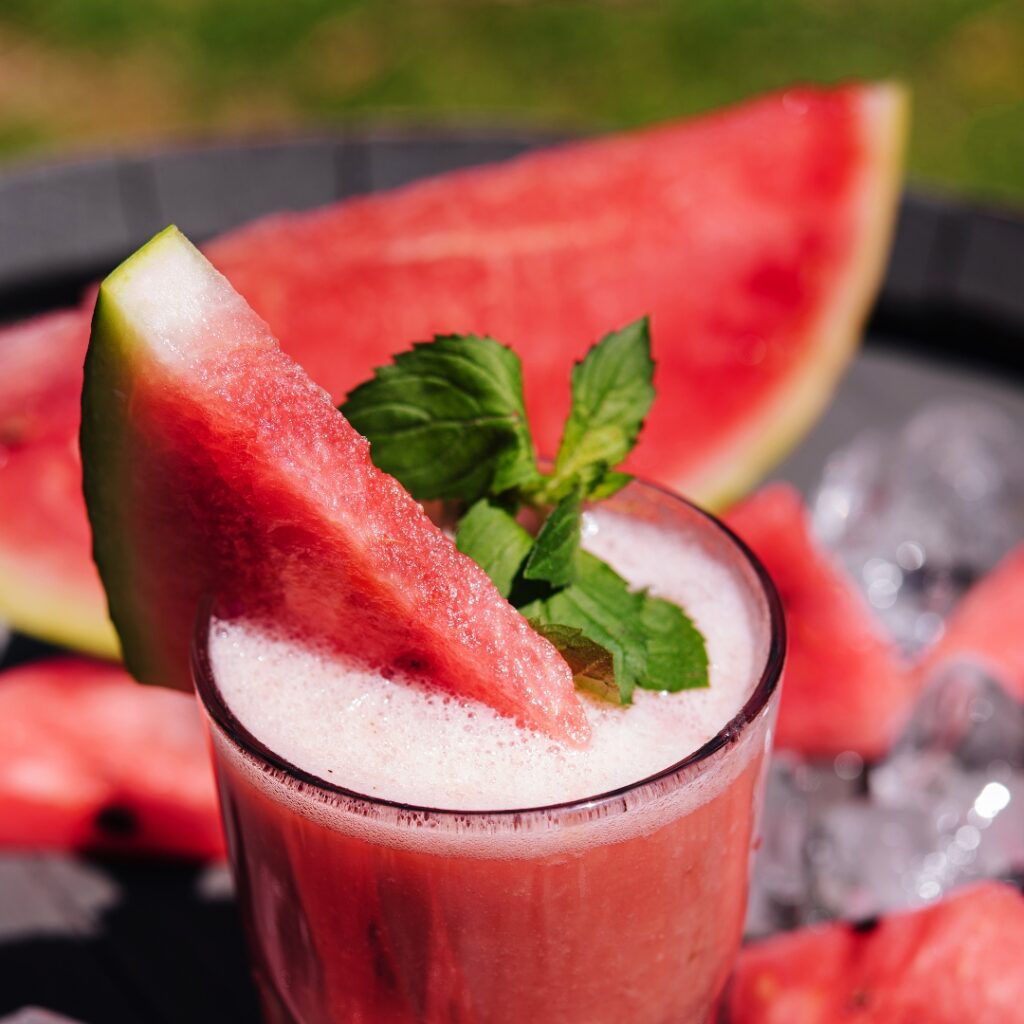
BLOG
Top 5 Health Benefits of Watermelon Juice for Hydration and More

Watermelon juice is perfect for hot days, quenching thirst and providing essential nutrients.. Watermelon juice refreshes with vitamins and water.
Is It Okay to Eat Watermelon Every Day?
According to the Centers for Disease Control and Prevention (CDC), only about 10% of Americans meet the daily recommended intake of two cups of fruit. Watermelon, being low in calories and sugar, can be enjoyed in moderation each day without worrying about adverse long-term effects on your diet. However, nutritionist Sollid advises incorporating a variety of fruits into your diet. Different fruits provide different nutrients, so diversifying your intake ensures your body receives a broader range of essential vitamins and minerals.
While watermelon is healthy, it's still possible to overeat it. Grace Derocha, RDN, CDCES, and spokesperson for the Academy of Nutrition and Dietetics, recommends eating about one cup at a time instead of consuming an entire watermelon. Overindulging in large quantities may not be the best practice.
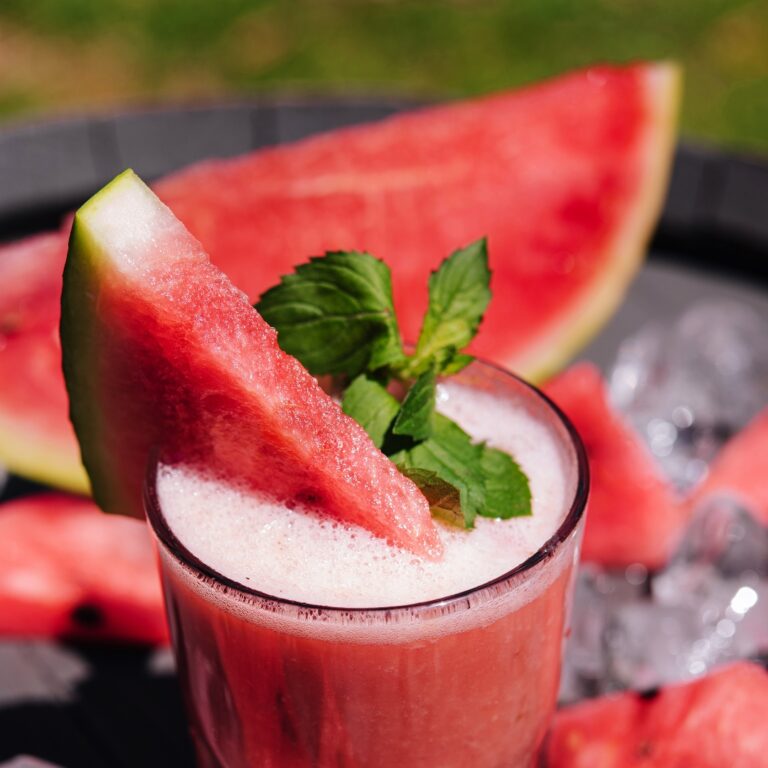
1. Excellent Hydration for the Body
Watermelon juice contains up to 90% water, making it an excellent choice to keep your body hydrated, particularly on hot summer days. Proper hydration is crucial for maintaining the balance of fluids in the body and supporting essential functions like circulation, digestion, and excretion.
Watermelon not only helps replenish lost fluids but is also easily absorbed by the body, making it ideal for quickly rehydrating after exercise or a long day in the sun. This is one of the reasons why watermelon juice is a go-to drink for athletes and those who need to recover quickly.
Staying hydrated is essential for your body to function well, as it supports processes like regulating body temperature, maintaining organ function, delivering nutrients to cells, and staying alert. Consuming foods with high water content, such as watermelon, can help meet your hydration needs. Since watermelon is mostly water, it’s an excellent choice for daily water intake. Its high water content also means it has a low calorie density, providing few calories for its weight. Eating low-calorie-density foods like watermelon can aid in weight management by helping you feel full for longer.

2. Supports Heart Health
Watermelon juice is a rich source of lycopene, a powerful antioxidant that can help reduce the risk of heart disease. Lycopene protects cells from damage caused by free radicals, reduces bad cholesterol levels, and supports overall blood circulation.
Research also shows that lycopene in watermelon can help lower blood pressure and improve heart health. Adding watermelon juice to your daily diet is an easy way to protect your heart and maintain cardiovascular well-being.
Heart disease is a leading global cause of death, but lifestyle factors, including diet, can help reduce the risk of heart attack and stroke by lowering blood pressure and cholesterol. Lycopene, found in watermelon, may help reduce cholesterol and blood pressure, which are crucial for heart health. Additionally, watermelon contains citrulline, an amino acid that may boost nitric oxide levels, helping blood vessels expand and lower blood pressure. Other heart-healthy nutrients in watermelon include magnesium, potassium, and vitamins A, B6, and C.
3. Boosts the Immune System
One of the standout benefits of watermelon juice is its high vitamin C content. Vitamin C is an essential nutrient that helps strengthen the immune system, protect the body from infections, and aid in recovery after illness. Additionally, vitamin C promotes collagen production, which keeps the skin healthy and prevents signs of aging.
Watermelon juice also contains compounds that help reduce inflammation in the body, further boosting immunity and helping the body fight off harmful bacteria and viruses.
4. Benefits Skin Health
Watermelon is a good source of vitamins A and C, both of which are essential for maintaining healthy skin.
Vitamin C, whether consumed or applied directly to the skin, supports the production of collagen, a protein that helps keep skin firm and hair healthy. Increased intake of vitamin C, through food or supplements, may help reduce the likelihood of developing wrinkles and dry skin.
Vitamin A also plays a vital role in skin health by promoting the creation and repair of skin cells.
However, it's important to note that more research is needed specifically on watermelon and its effects on skin health.
5. Reduces The Risk of Macular Degeneration
Lycopene, a compound found in watermelon, may offer eye health benefits.
Age-related macular degeneration (AMD) is a widespread condition that can lead to vision loss in older adults.
As an antioxidant and anti-inflammatory agent, lycopene might help prevent or slow the progression of AMD, although the evidence is still limited. One study that treated eye cells with lycopene found that it reduced the ability of inflammatory markers to harm cells.
However, further research is needed to confirm these findings.


